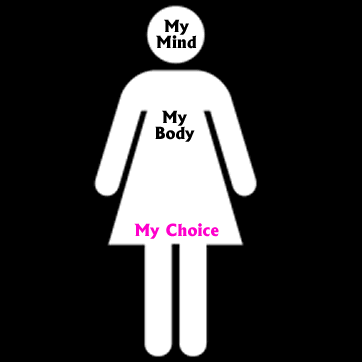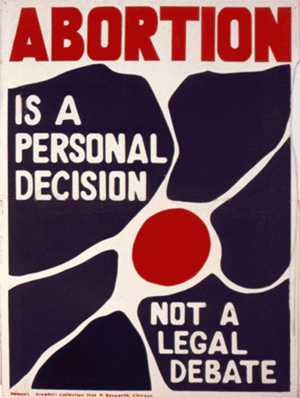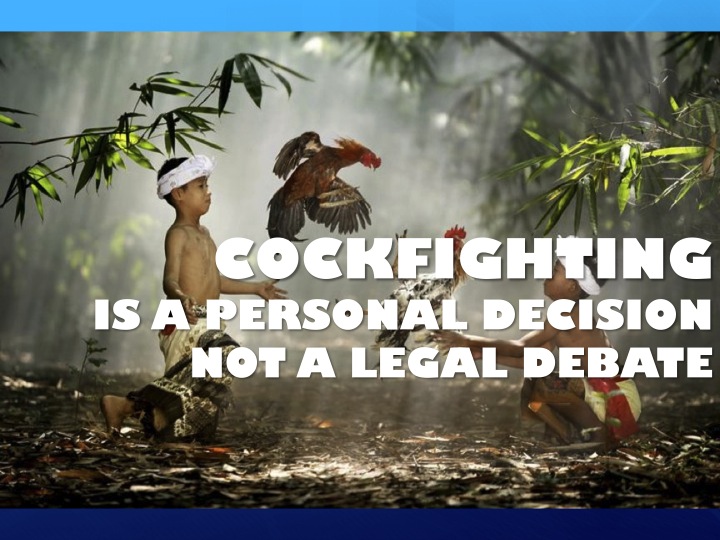|
Abortion law is legislation and common law which pertains to the provision of abortion. Abortion has been a controversial subject in many societies through history because of the moral, ethical, practical, and political power issues that surround it. It has been banned frequently and otherwise limited by law. However, abortions continue to be common in many areas where they are illegal; abortion rates are similar in countries where the procedure is legal and in countries where it is not according to the World Health Organization (WHO), due to unavailability of modern contraceptives in areas where abortion is illegal. The number of abortions worldwide is declining due to increased access to contraception according to WHO. Almost 2/3 of the world's women currently reside in countries where abortion may be obtained on request for a broad range of social, economic or personal reasons. Abortion laws vary widely by country, ranging from those in Chile, El Salvador, Nicaragua, the Dominican Republic, Malta and Vatican City, which ban the procedure entirely; to those in the United Kingdom and the United States, which restrict abortion after the point of fetal viability; and those in Canada, Vietnam and China which have removed abortion completely from their criminal code.
Abortion in the United States has been legal in every state since the 1973 Supreme Court decision Roe v. Wade. Prior to the ruling, the legality of abortion was decided by each state; it was illegal in 30 states and legal under certain cases in 20 states. Roe established that "the right of personal privacy includes the abortion decision, but that this right is not unqualified, and must be considered against important state interests in regulation.". Roe established a "trimester" system of increasing state interest in the life of the fetus corresponding to its increasing "viability" (likelihood of survival outside the uterus) over the course of a pregnancy, such that states were prohibited from banning abortion early in pregnancy but allowed to impose increasing restrictions or outright bans later in pregnancy. That decision was modified by the 1992 case Planned Parenthood v. Casey, which upheld the "central holding" in Roe that there is a fundamental right to privacy encompassing the decision about abortion, but replacing the trimester system with the point of fetal viability (whenever it may occur) as defining a state's right to override the woman's autonomy.Casey also lowered the legal standard to which states would be held in justifying restrictions imposed on a woman's rights. Roe had held this to be "strict scrutiny" - the traditional Supreme Court test for impositions upon fundamental Constitutional rights - whereas Casey created a new standard referring to "undue burden", specifically to balance the state's and the woman's interests in the case of abortion. Before Roe v. Wade, abortion was legal in several areas of the country, but that decision imposed a uniform framework for state legislation on the subject, and established a minimal period during which abortion must be legal (under greater or lesser degrees of restriction throughout the pregnancy). That basic framework, modified in Casey, remains nominally in place, although the effective availability of abortion varies significantly from state to state. Abortion remains one of the most controversial topics in United States culture and politics. Support for the legalization of abortion is centered on the pro-choice movement (also known as the abortion-rights movement), a sociopolitical movement supporting the ethical view that a woman should have the legal right to elective abortion, meaning the right to terminate her pregnancy. The opposing countermovement of pro-life campaigners (also called anti-abortion campaigners) generally argue for the rights of fetuses and for prohibition or restriction of abortion. Subscribing to different moral grounds than the pro-choice movement, pro-lifers hold the view that the human fetus (and in most cases the human embryo) is a person and therefore has a right to life. A key point in the development of the movement in the U.S. was the decriminalization and legalization of elective abortion in various states following the U.S. Supreme Court's 1973 decision in Roe v. Wade, which struck down most state laws restricting abortion Source:
0 Comments
Your comment will be posted after it is approved.
Leave a Reply. |
Categories
All
Archives
April 2014
|




 RSS Feed
RSS Feed
